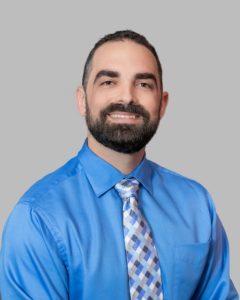Approximately ⅔ of athletes are taking dietary supplements. Protein products are the most prevalent, with energy drinks, creatine, and amino acids also being commonly taken. By definition, a supplement is a vitamin, mineral, herb/botanical, amino acid, dietary substance, and must be taken orally.
Common misconception/myths
“Supplements are unregulated”, “there is no FDA oversight on supplements”.
Facts: Supplements are regulated by FDA and FTC, but the FDA does not approve supplements before they are marketed, and the FDA can take action if the product is found to be not safe or misbranded.
What is not a dietary supplement? Patches, injectables, lotions, creams, and sprays.
Issues of concern
Contaminants/adulterants including anabolic steroids, stimulants, prescription drugs, unapproved drugs. High risk “supplements” include anabolic steroids, SARMs, Aromatase inhibitors, Pro-hormones, synthetic stimulants
SARMs are Selective Androgen Receptor Modulators, they bind to androgen receptors to support anabolic activity. None have been approved for human use. The FDA has stated that SARMs are associated with serious safety concerns including increased risk of heart attack, stroke, liver damage.
Aromatase inhibitors are drugs used with breast cancer treatment in women and gynecomastia in men. They are used off-label to reduce the conversion of testosterone to estrogen when using testosterone.
Pro-hormones are chemicals that are precursors to anabolic steroids that have to be converted in the body to the active version, usually through processing in the liver. These can be highly effective since they are essentially steroids once converted, but also tend to cause significant problems in the liver. And being steroids, also have a negative effect on blood pressure, cholesterol, kidneys, etc.
If considering supplements and you are in a controlled league, you can go to https://axis.drugfreesport.com/login, sign up for a free account and can look up any supplement to see if it is considered prohibited.

To schedule a consultation with Dr Natan Bastoky, click here.
